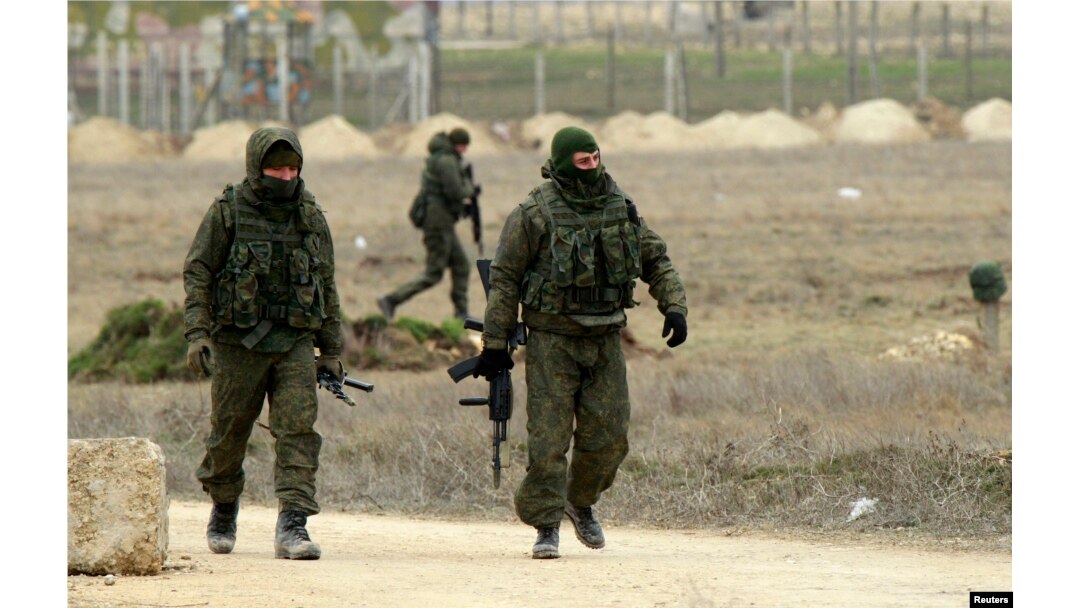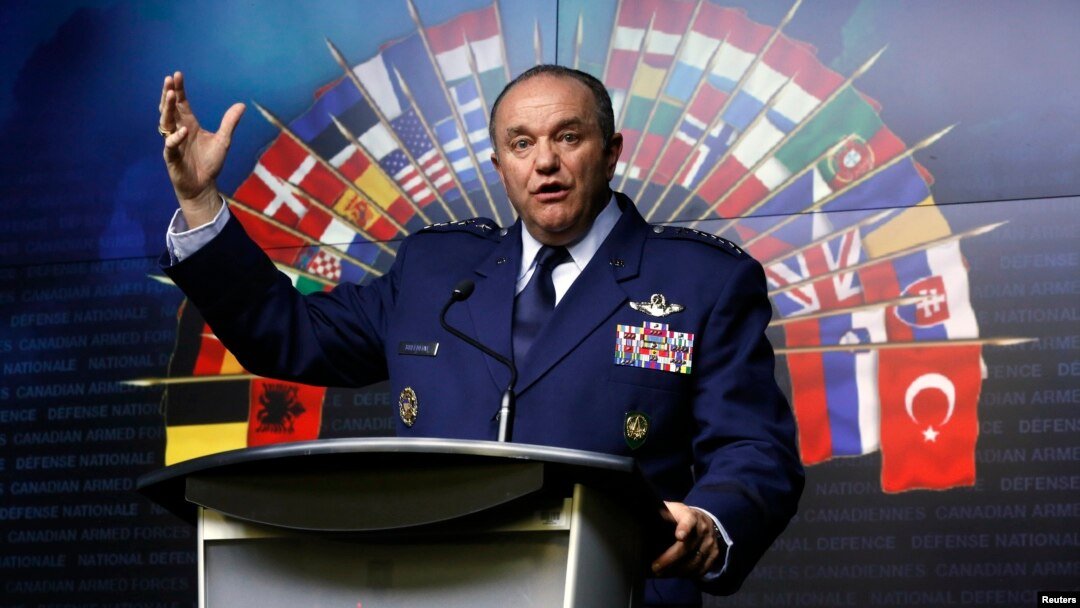NATO’s Supreme Allied Commander in Europe says the alliance would respond militarily if any of its member countries faced an incursion similar to the one sustained by Ukraine’s Crimea prior to its annexation by Russia earlier this year.
“If NATO were to observe the infiltration of its sovereign territory by [anonymous] foreign forces, and if we were able to prove that this activity was being carried out by a particular aggressor nation, then Article Five would apply,” said U.S. General Philip Breedlove in an interview with Germany’s Die Welt, referring to NATO’s collective defense principle.
“That’s when the alliance principle goes into force. This means a military response to the actions of this aggressor,” said Breedlove.
The U.S. general said that the “big problem” facing NATO today is a new type of warfare that the alliance is in the process of preparing for. Citing the Crimea precedent and pointing to developments in eastern Ukraine, Breedlove said that it's imperative that the alliance be prepared for anonymous warriors.

FILE - Armed men in unmarked uniforms, believed to be Russian soldiers, are seen walking at the Crimean port of Yevpatoriya March 8, 2014.
“To be honest, it's of utmost importance that NATO be ready for so-called 'little green men.' Armed military personnel without sovereign insignia, who create unrest, occupy government buildings, incite local populations, train and provide tactical advice to separatists, and in doing so, strongly contribute to the destabilization of a country.”
Such scenarios, said Breedlove, could also occur in other eastern European countries, and NATO must take steps there to prepare police and military forces to deal with such challenges.
Breedlove said that the new reality confronting NATO is part of a new type of hybrid warfare referred to as DIME: Diplomacy, information, military and economy. And in the case of Ukraine, Russia can be seen using all of these instruments of power, said he.
“Diplomatically, Russia is trying to push the argument that Ukraine’s authorities are the problem. In the information sphere, we see an information and disinformation campaign aiming to mask Russia’s intentions. Militarily, we see daily troop movements, cross-border shelling and the use of all [types of] military capabilities. And, lastly, economic warfare through [the manipulation of] energy supplies,” said Breedlove.
He added that this type of hybrid model brings all means to bear, and that mixture he called “very troubling.”


